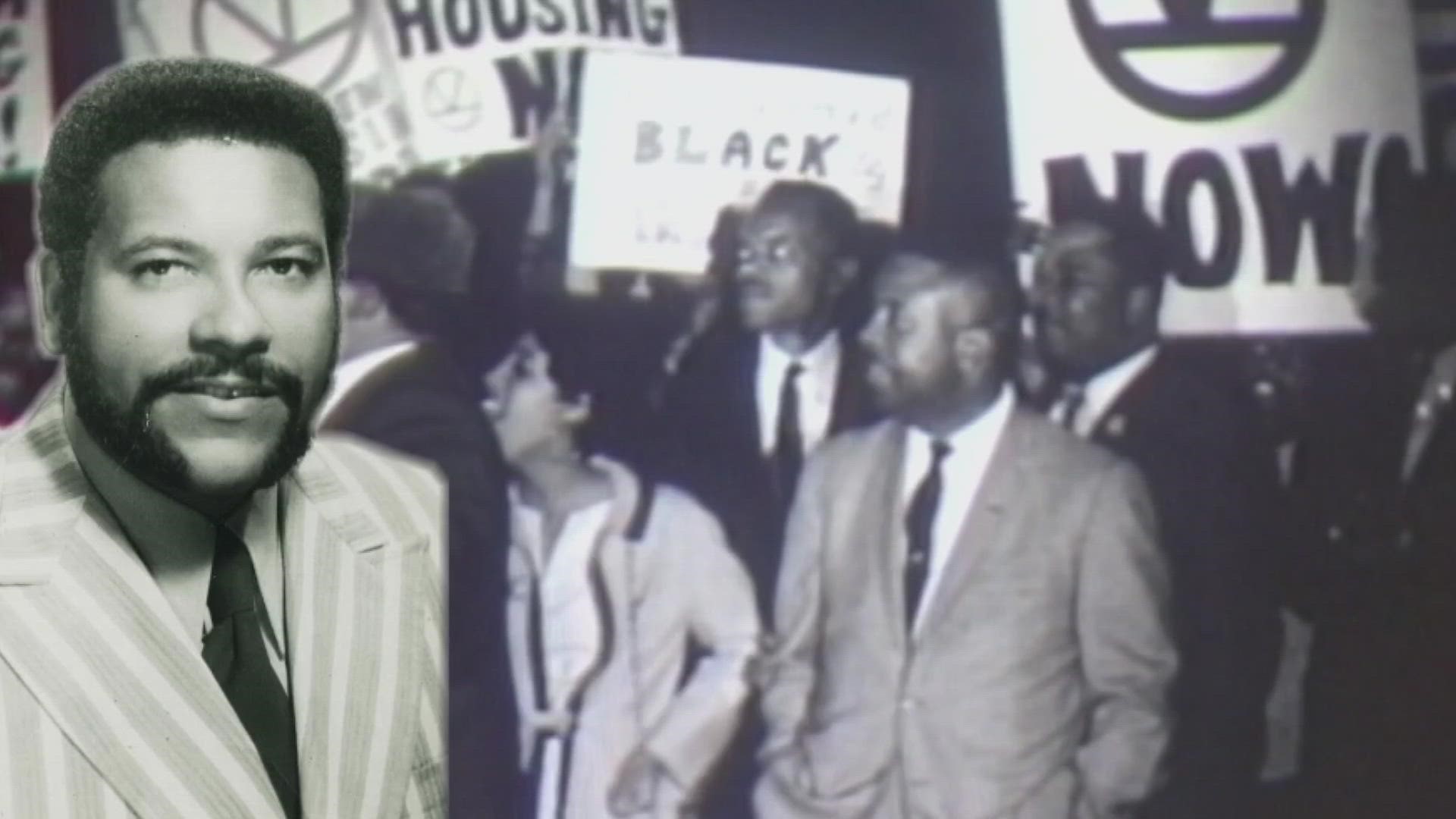KNOXVILLE, Tenn. — February is Black History Month. It's a time for communities to appreciate the Black men and women who helped make Knoxville a better place for everyone.
Robert Booker is one of the most influential people in Knoxville's history. Booker said he was raised in East Knoxville, attended Austin High School, and graduated from Knoxville College. He is a changemaker in Knoxville.
"People say I am, and that counts," Booker said. "But, I don't have to say it, and I won't say it."
Booker pioneered a desegregation movement in Knoxville in the 1960s.
"We began the 'sit-in' movement in downtown Knoxville, and we eventually desegregated the lunch counters and the movie theaters," Booker said.
Booker didn't stop there, his activism pulled him into a seat in the state legislature.
"I didn't realize I was making that a reputation to be in politics," Booker said. "A businessman stopped me. And he said, 'Bob, you know, they're getting ready to reapportion the state legislature. And there's a good chance a Black person can win from Knox County. And we think you're the man to do it.'"
When Booker ran in 1966, he won. He was the first Black legislator from Knox County.
"I had a title and I could say things that I thought needed to be said, and I thought people wouldn't listen to it. They did," Booker said.
However, all these accomplishments don't compare to the lasting impact of Booker's work toward documenting the Black history of Knoxville.
Booker served as the executive director at the Beck Cultural Center. At the time, he felt the history they displayed didn't showcase the history specific to Knoxville. Most of the history focused on Black communities in Memphis and Nashville. So, Booker said he started on a journey.
"I began writing history books and tried to document who were the people who were the movers and shakers in Knox County," Booker said.
Booker explained how he sifted through newspapers, obituaries, school board minutes, city council logs, and anything else he could find to recover the Black history of Knoxville.
"We're still trying to catch up with information about the success of Black people. It's very important that we do that," he said.

